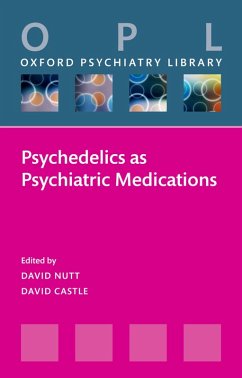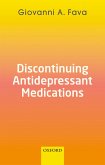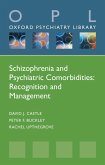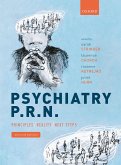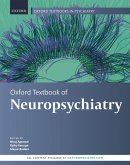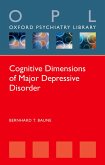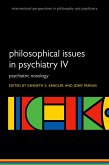There is substantial contemporary interest in psychedelic agents as medicines for maladies of the mind. This follows research in the 1950s and 1960s exploring the use of LSD and other psychedelics to treat a range of psychiatric illnesses as well as addictions. This research was shut down after prohibition of these drugs, however the last decade has seen a major renewal of interest in the therapeutic use of psychedelics and related drugs in psychiatry. Psilocybin (found in 'magic mushrooms') has been used effectively for amelioration of distress in people with depression/anxiety in the context of potentially life-ending cancers, as well as for treatment-resistant depression and also addictions. MDMA ('ecstasy') has shown efficacy for severe post-traumatic stress disorder, with enduring benefit. Other psychedelics, both plant-derived (e.g., ayahuasca) and synthetically produced (e.g., LSD) are also being investigated for their potential therapeutic value. These agents not only herald a new neurobiology but also allow an integration of psychotherapy with biological compounds that is truly novel and that challenges established psychiatric practice. Furthermore, the action of these agents on the brain allows an exploration of how the brain works to 'open up' to psychotherapeutic healing. Published as part of the Oxford Psychiatry Library series, the book provides an overview of this hugely exciting field, covering the history of psychedelics, clinical aspects, risks and side effects, precautions and processes.
Dieser Download kann aus rechtlichen Gründen nur mit Rechnungsadresse in A, B, BG, CY, CZ, D, DK, EW, E, FIN, F, GR, HR, H, IRL, I, LT, L, LR, M, NL, PL, P, R, S, SLO, SK ausgeliefert werden.

